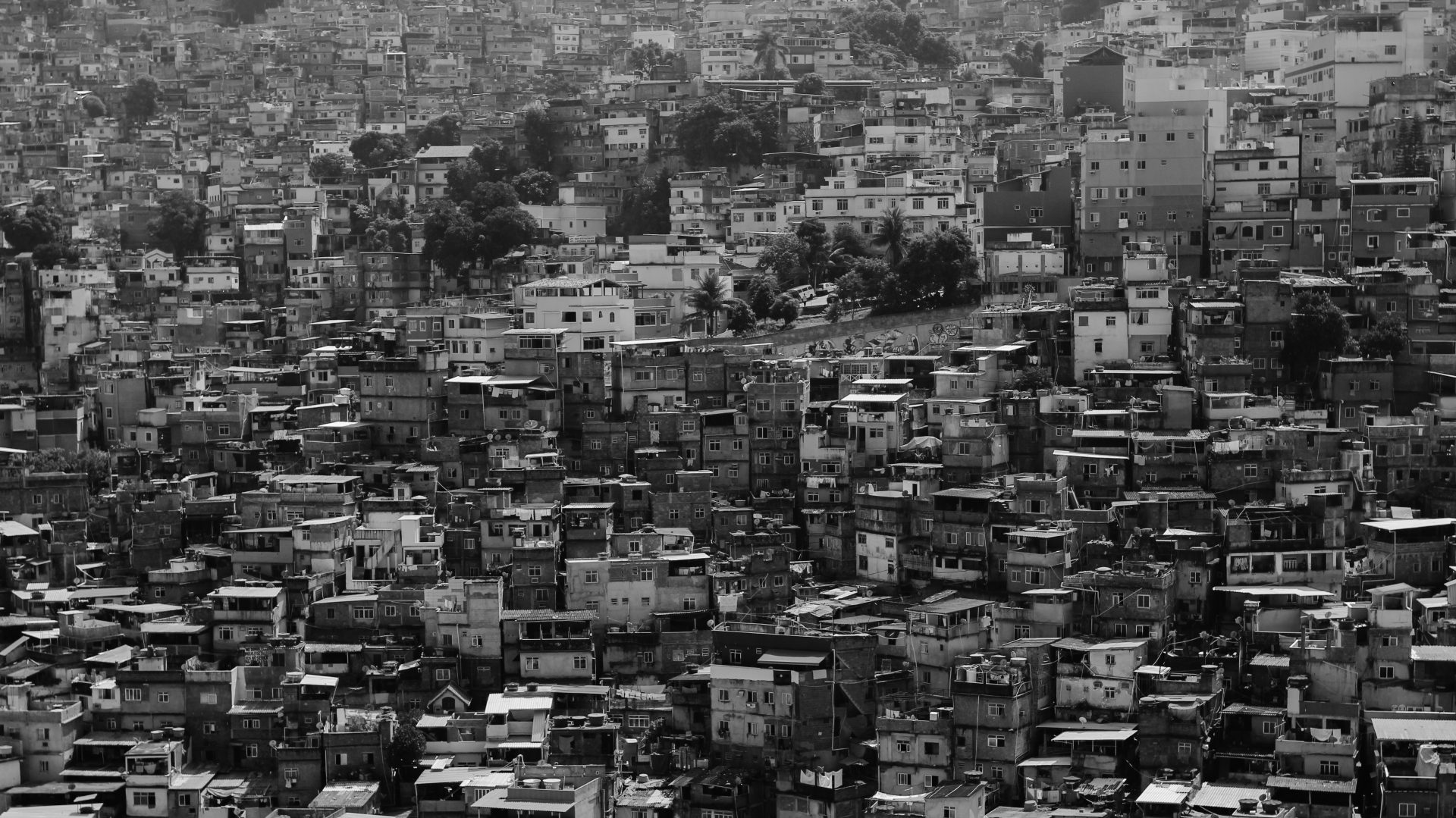Welcome Speech 12th of September 2016
Erik Berg
Chariman, Habitat Norway
It is a pleasure and an honour to welcome you all to this Conference. To the third consecutive encounter in 10 months jointly arranged by Habitat Norway, the Ministry of Foreign Affairs and the Norwegian Agency for Development Cooperation (NORAD). These three conferences have beencentral in Norway’s preparations for Habitat III. The last messages will be delivered today hopefully contributing further to a distinct Norwegian profile in Quito. We would like to thank the MFA and NORAD for your support and a constructive dialogue and cooperation.
Ahead of us and the international community lies major follow up challenges. One of them will be to merge the Sustainable Development Goals, the Paris climate resolutions, the Humanitarian Summit recommendations and the New Urban Agenda into a holistic programme of implementation. A silo – bits and pieces approach – must be avoided. We need to strengthen the global urban development architecture. Create new mechanisms where necessary – but rather than duplicate, build on what already exists. And provide fresh financial resources in particular for the follow up of local government and global civil society’s and their partnerships.
Habitat Norway would like to welcome State secretary Laila Bokhari. We are proud to have you with us this morning. New as State secretary in the MFA but for long known for strong engagement in global development, including girls education in Pakistan.
We also welcome todays speakers Cihan Bayul, researcher and activist from Istanbul, presently one of the fastest growing cities in Europe with vast ecologic, social and economic externalities; also professor Yves Cabannes, University College of London, former chair of UN’s Advisory Group on Forced Evictions. With more evictions globally than ever it has been decided closed down. And last, but not least, Rose Molokoane, leader of FED UP – (mark it – it is in two words – FED UP). She is national coordinator of the South African Federation of the Urban Poor and Deputy President of Slum Dwellers International.
I also bid welcome to the Europe representatives of UN Habitat, Mr.Thibault Nguyen, and of Slum Dwellers International, Mr. Nico Keijzer.
Our context is the neoliberal world, dominated bywhat has been termed “an all you can eat mentality – privatizing gains and socializing losses”. In this neo liberal world the “owner-ship of cities“ – issue has since the global financial crises of 2008 entered into an emergent, new phase.
From mid – 2013 to mid – 2014 corporate buying of existing properties exceeded USD 600 billion in the top 100 recipient cities. A year later it had almost doubled exceeding 1 trillion. Norwegian finance capital is also involved.
The present trend reflects a move away from a system of small properties embedded in city areas, criss-crossed by streets and small public squares. The trend moves towards mega projects with sometimes huge footprints that erase much of the public tissue of people, streets and squares. This privatizes and de-urbanizes city space – no matter the added density. It forces people out of areas where they have been living for years. It destroys the economic activities upon which ordinary people base their lives. It reduces opportune-ities for a decent future for children.
This is fatal because it is in the cities to a large extent that the powerless have left their imprint – culturally,economically and socially – and forged alliances and advocated policies with great success. It is only in cities that the power in one’s powerlessness can be gained. Because nobody or nothing can fully control such a diversity of people and engagements. Not even extreme police brutality can do this as we have seen in Brazil where young, black people according to Amnesty International and Norwegian Church Relief have been killed in scores. All this in order to facilitate the so called inclusive games. They turned out to be rather exclusive. A lutta continua.
Thus, the theme of this Conference reflects directly a contentious clause in the negotiations on the draft New urban agenda: the clause on the “Right to the City”. The term
originates in the French philosopher Henri Lefebre’s 1968 book “Le Droit a la ville”. He prioritises collective right over individual right to urban space and gives every inhabitant – and not just the legal citizens – the right to not only occupy a pre-existing urban space, but also to produce spaces accord-ing to needs. Until last week’s New York negotiations on the New urban agenda the US and the EU explicitly rejected that a country needs to adhere to the principle of social justice for all urban inhabitants, and not only the legally recognized citizens. Now a compromise agreement seems to preserve the contentious term, however, by diluting its definition in comparison to what was initially proposed.
This is not a play with words. Globally, it is serious business for millions of people. But let me use Oslo and the situation of a small ethnic group as an example. A representative of the Roma people living in the slums or informal settlements around the forested Sognsvann lake, some time ago told me the following. “Before we used to live in nice houses. We did our necessities in the bush. Now we live in the bush and do our necessities in nice houses”. Is this what we call welfare state development?
We need your cooperation, Mdm. State secretary, to make politicians see the problems, the challenges and the opportunities of urbanisation. Presently there is urban blindness. The Norwegian Parliament’s Foreign Policy committee has never discussed the implications of the megatrend that urbanisation and population growth represent. Never. This is regrettable also because many of the challenges cities, towns and settlements face – to a large extent are universal and relevant for Norway.
There are signs of hope. A Parliamentary Whitepaper is presently being prepared by the Ministry of Modernisation and Local Government with the theme “Sustainable cities and strong districts”. It is important that this global, urban, same, same but a little bit different perspective just mentioned, would constitute the Whitepaper’s context and frame.
We require a stronger and more comprehensive global, urban approach both foreign policy wise and with regard to development cooperation. Which are two sides of the same coin. Norway needs an urban foreign policy and an urban diplomacy. Hope is certainly perceived in the work done by the MFA in the Habitat III/New Urban agenda preparations. Lifting the challenges of urban health, drawing attention to the fatal consequences of air, soil and land pollution- is an important contribution.
The fact that 15 organisations and institutions have registered for today’s panel presentation shows the potential for our civil society – in the broadest meaning of the word – having an urban, political impact – locally, nationally and globally. Oddrun Hagen, Habitat Norway Board member, will in the “Concluding session” today present some ideas on how we can work together to increase our outreach and political impact regarding urban issues.
To conclude: Norway needs a New Urban Agenda. A New Urban Agenda needs Norway. And Habitat Norway needs you. Pls. join us as a member.


